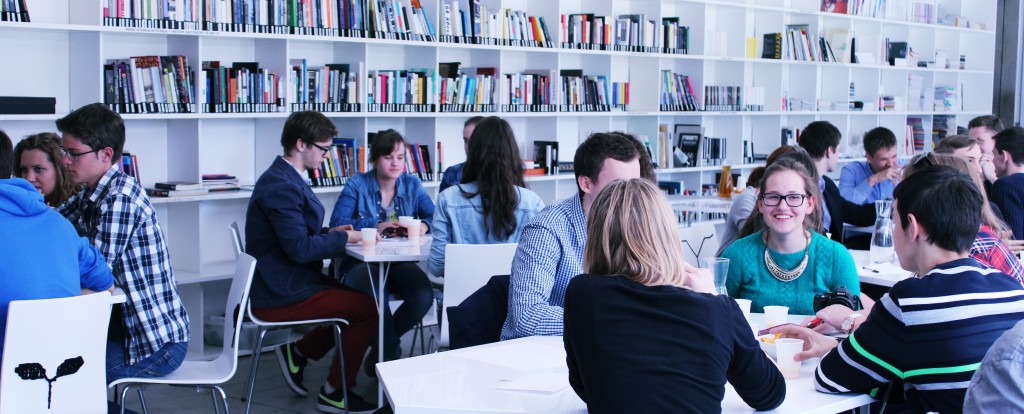Raising Social Consciousness

„How to raise social consciousness?“ – the ongoing educational project which will address the problem of underdeveloped economics and social education in secondary schools in the Baltic states and will contribute to raising the quality of education by advancing innovative integrated education embedded in the digital era.
Social consciousness is the ability to understand societal processes, the relations between them and their effects on oneself, others and the world. Poverty, consumerism, labor, pollution, inequality, health, migration, social networking, elections and propaganda are the topics everyone is confronted with. The key weapon in the context of information and diverse opinions is critical and independent thinking. This type of thinking about social problems should be encouraged and taught in schools; especially in high schools, when realities become important on a personal level, when pupils need to understand them in order to make responsible decisions and contribute to the overall solution of the problem.
THE RESULTS OF PROJECT:
» A package of teaching and learning resources consisting of 30 modules
» 18 integrated pilot lessons in 30 secondary schools in Lithuania, Latvia and Estonia
PARTNERS:
» Gustav Adolfi Gymnasium (EE)
» Jyväskylä University of Applied Sciences (FI)
» The University of Latvia (LU)
» Riga State Gymnasium No 1 (LV)
» Vilnius Vytautas Magnus Gymnasium (LT)
» Lithuanian University of Educational Sciences (LT)

Funded by the Erasmus+ Programme of the European Union
Project No 2016-1-LT01-KA023232.